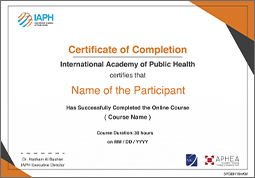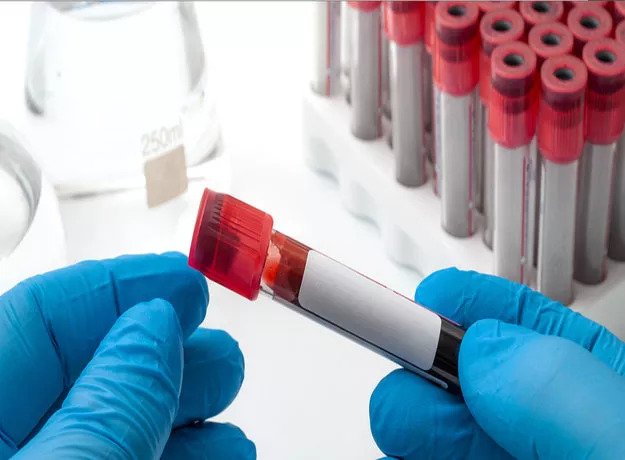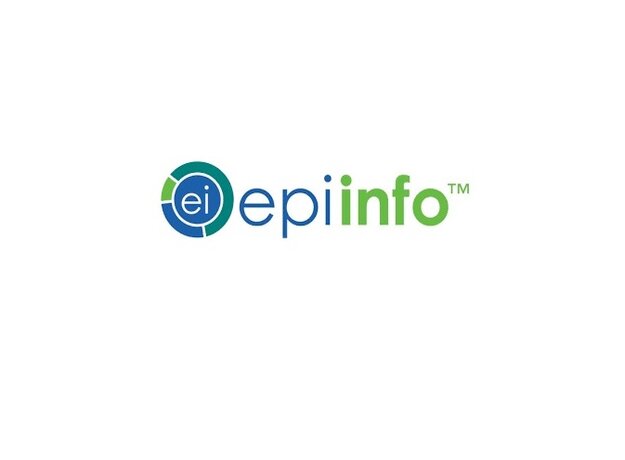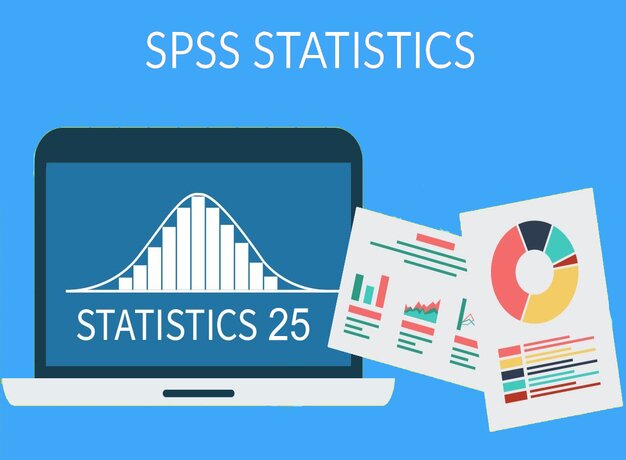Advanced Health Research Methods
This program is designed for public health staff and health professionals working at various levels of the health system and is designed to extend upon the topics taught in introductory program and covers more advanced methods for the design, conduct, analysis, and interpretation of epidemiologic studies. The main focus of this program is on providing residents with an understanding of methodological health research issues as well as analytical and practical skills of designing and conducting epidemiologic studies. It includes more rigorous discussion of key epidemiologic concepts and methods such as modern study designs and measures of association and impact.
Throughout this program, methodological and design issues are integrated with statistical techniques and applied by extensive use of the SPSS package. With real-life examples throughout, the program avoids complex statistical formulations. Moreover, this program is intended to increase the ability of residents to interpret and criticize research articles in the medical literature.
Learning Outcomes
- Design and conduct unbiased and efficient health research studies, through avoiding common problems and pitfalls
- Interpret and criticize research articles in the medical literature
- Analyze the data from epidemiological research by applying the essential features of advanced statistical techniques
- Write scientific manuscripts for publication
Field Work
Residents spend seven weeks in the field work in order to be exposed to real-life situations and to practice the skills they gain with the guidance of a dedicated mentor. The following field projects are expected to be conducted during the field work period:
- Pilots test the study procedures and instruments
- Revise the study instruments and tools based on the pilot testing.
- Procedures include: data collection, data entry, data analysis.
Targeted Group
The target audience for this programs includes health workers, project managers, researchers, policy makers at all levels, and other relevant persons interested in non-communicable diseases.


Certificate





